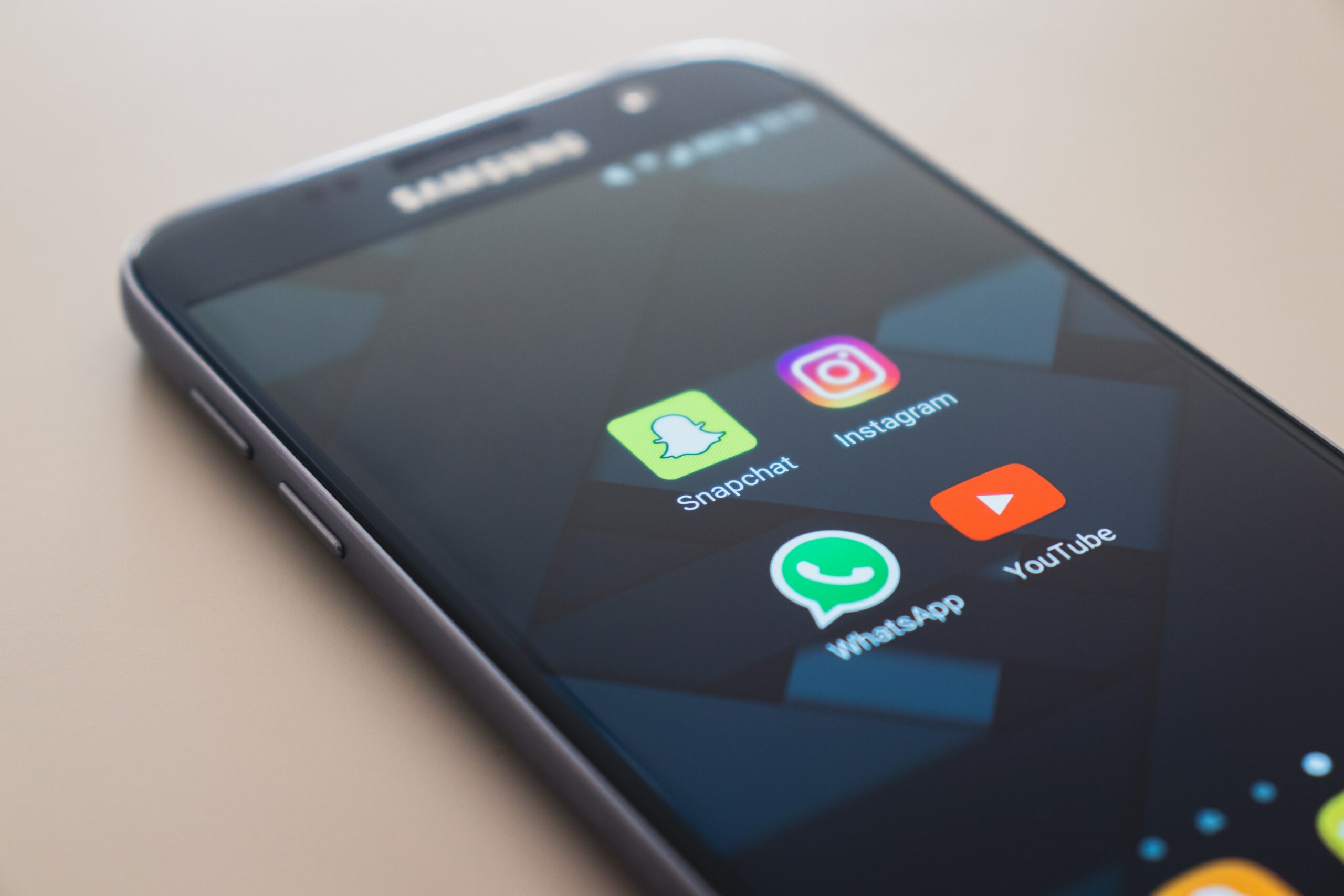Anyone who wants to report abuses is in the right place with a fearless and eloquent whistleblower. Or with leaked internal documents. Or better yet: with both, as demonstrated last year by the great media attention for revelations about the serious dark sides of Facebook and Instagram.
If you arrive with an academic study, or with an open letter, it is a lot more difficult to ensure that their alarm bells are heard. That is not bad for YouTube, a subsidiary of Google.
The important role of YouTube in the spread of disinformation surrounding the US presidential election of 2020 was discussed last year in a voluminous report by the Stanford Internet Observatory and the University of Washington, among others. That didn't get much attention.
YouTube is not doing enough to address the problem of misleading information, according to organizations from 40 different countries. In fact, the platform “allows it to be used as a weapon by unscrupulous figures to exploit and manipulate others, and to build themselves an organization and raise money.”
Obviously not enough
YouTube is seriously failing in countries where English is not the main language, as well as in Asia, Africa and Latin America, the letter said. In a response, YouTube said it has invested heavily in fighting misinformation “in all the countries where we operate.” That may be true, but it is clearly not enough.
The reach of platforms such as YouTube and Facebook is so vast that their power is not inferior to that of states. This comes with a great responsibility, which starts with offering transparency.
Of course, they have to obey the law – although it is different in every country. But government regulation of this industry, which is developing so rapidly, is a tedious and lengthy process, if only because of the complex questions surrounding free speech.
But leaving everything to the goodwill of these for-profit concerns is a dangerous path, the world has learned in recent years — at the expense of the Rohingya in Myanmar and the security of the Capitol in Washington, among other things.
Unlike Twitter and YouTube, Facebook (by no means free from sin) has at least taken a first step in the right direction by creating an independent board of appeals. This Oversight Board can correct some decisions, enforce more openness and clearer rules. See Facebook, whose parent company is now called Meta, as an unlikely role model.



